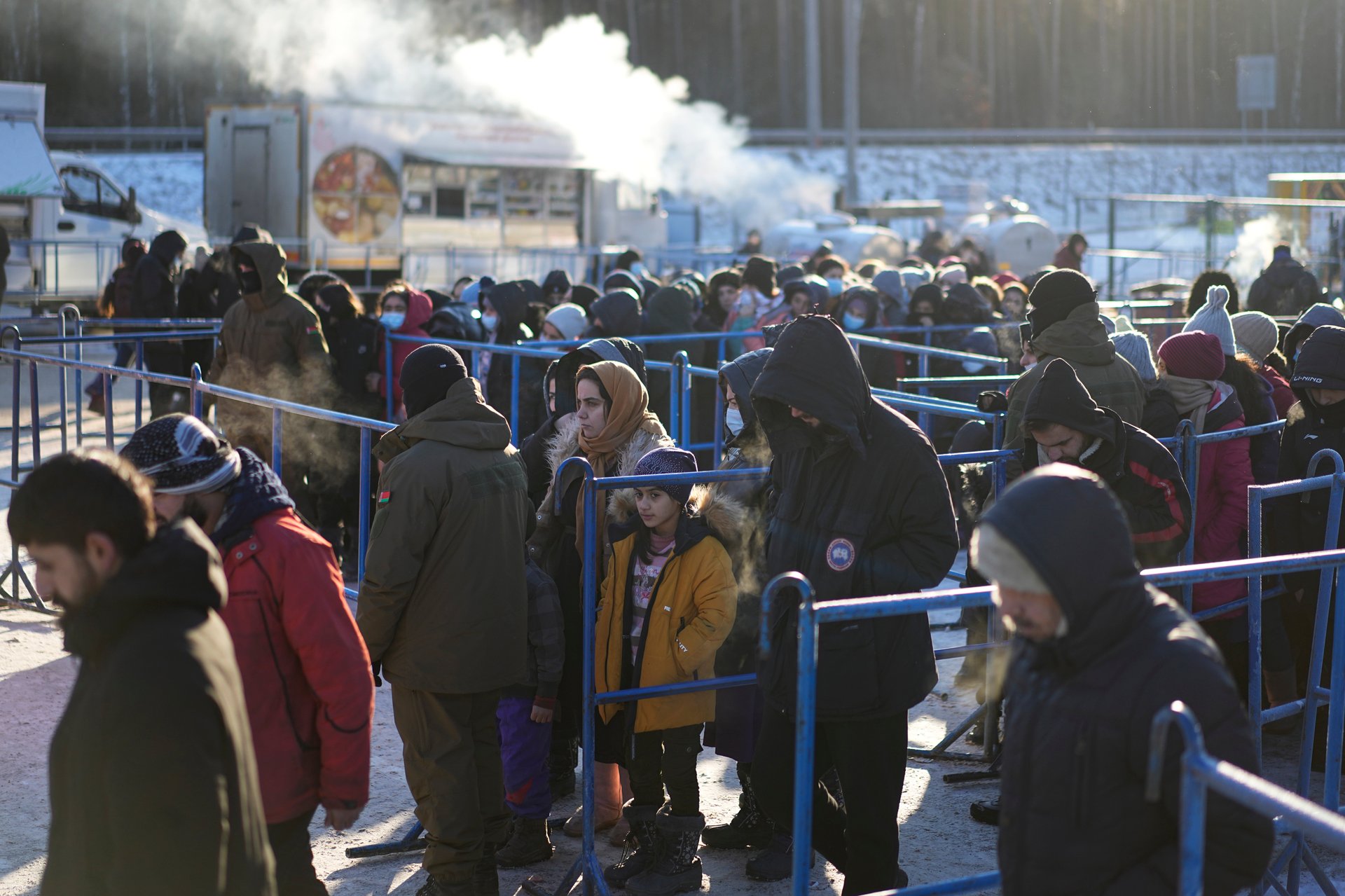Germany seeks answers from Poland in a visa fraud scandal involving migrants from Asia and Africa
German government officials have held talks with their Polish counterparts asking them to clarify how many visas were issued in an illegal program in which some Polish consulates issued visas in Africa and Asia in exchange for bribes

BERLIN (AP) — German government officials held talks Tuesday with their Polish counterparts asking them to clarify how many visas were issued in an illegal program in which some Polish consulates issued visas in Africa and Asia in exchange for bribes, an official said.
Suggested Reading
Poland has been shaken for weeks by reports that its consular sections issued about 250,000 visas to migrants from Asia and Africa since 2021 in return for bribes of several thousand dollars each. Poland is a member of the EU’s visa-free zone known as Schengen, and once those migrants arrived in Poland they could cross Europe’s borders freely — including into neighboring Germany.
Related Content
Warsaw's conservative government confirms that some wrongdoing has occurred, and authorities have made some arrests and dismissals, but they insist that the scale isn't as great as what the Polish media have said.
German Interior Minister Nancy Faeser spoke by phone with Polish counterpart Mariusz Kaminski on Tuesday afternoon, while Polish Ambassador Dariusz Pawlos was invited to speak to State Secretary Bernd Krösser at the interior ministry in Berlin, a governmental official told The Associated Press.
The German officials asked their Polish counterparts to provide information on the timing and number of visas issued as well as the nationalities of the visa recipients. The German government official said the Polish officials were told that the German government expects that the serious allegations of possible visa fraud be resolved. The German officials also asked what countermeasures the Warsaw government was putting in place.
The official, who spoke on condition of anonymity because of the sensitive nature of the issue, also noted that the German federal police have significantly increased border police measures at the German borders, particularly on the German-Polish border, because of the current migration situation. However, the latest increase of border patrol measures happened before the reports about the alleged visa scam became public and wasn't directly linked to it.
Details about the corruption scandal have been coming to light in Poland a month before the country’s parliamentary election on Oct. 15, leaving the ruling party, Law and Justice, struggling to control the damage domestically.
___
Vanessa Gera reported from Warsaw, Poland.
___
Follow AP’s coverage of global migration at https://apnews.com/hub/migration